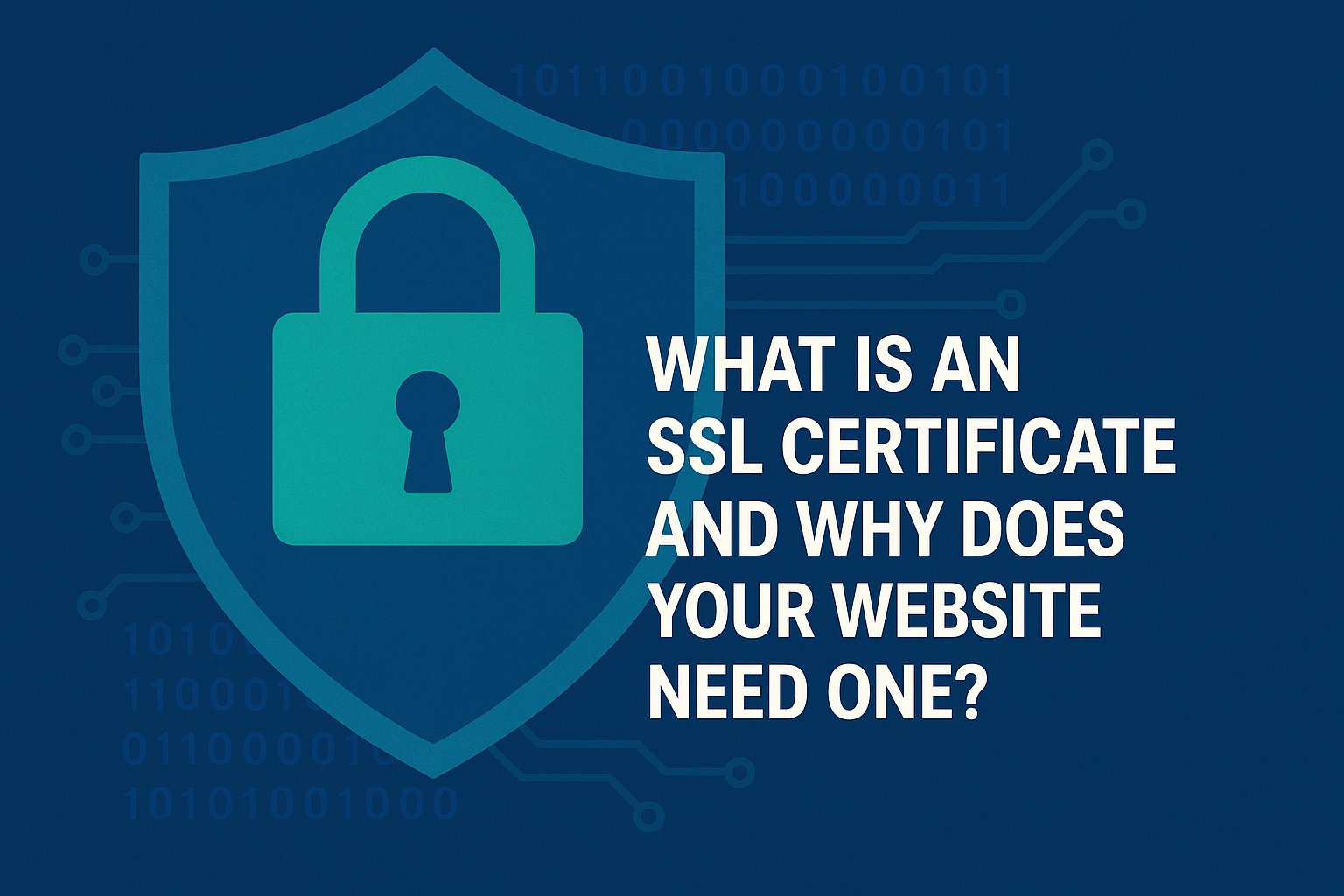If you own a domain name or are thinking about buying one, you’ve likely come across the term “DNS.” Short for Domain Name System, DNS management plays a fundamental role in how your website functions. Despite its importance, many website owners don’t fully understand what DNS does or how to manage it effectively. This post will guide you through the basics and explain why mastering DNS is essential for your online presence.
What is DNS and Why Does it Matter?
DNS is often described as the internet’s phonebook. It translates human-readable domain names like yourbusiness.com into IP addresses that servers use to locate each other. Without DNS, users would need to type in a string of numbers to access your website. DNS ensures that visitors can simply type your domain name and instantly connect to your server.
Every time someone visits your site, their browser relies on DNS to find it. If your DNS settings are misconfigured, visitors may see an error, experience delays, or be redirected to the wrong destination. That’s why proper DNS management isn’t just technical housekeeping — it directly affects your site’s speed, reliability, and even its security.
Key DNS Records You Should Know
Your domain’s DNS is controlled by a set of records. Among the most important are A records, which map your domain to your server’s IP address. There are also CNAME records that create aliases for subdomains, and MX records that direct email traffic. TXT records are often used for verifying domain ownership and setting up email security protocols like SPF and DKIM.
Understanding what each record does allows you to make intentional and strategic updates when needed. For instance, if you’re moving your website to a new hosting provider, updating your A record ensures that traffic is redirected smoothly. When you add a new email service, updating MX and TXT records is essential for reliable communication and spam protection.
DNS and Website Performance
DNS speed directly impacts how quickly your website loads for users. If your DNS provider is slow or located far from your visitors, that delay adds to overall load times. Many domain owners are surprised to learn that switching to a premium DNS provider can shave seconds off loading speed.
Reliable DNS management also ensures better uptime. If your DNS provider experiences outages or attacks, your site could become inaccessible even if your hosting server is fine. Choosing a DNS provider with global redundancy and strong DDoS protection adds an extra layer of resilience to your site.
Securing Your DNS
DNS hijacking and spoofing are real threats that can compromise your domain and redirect users to malicious sites. To mitigate these risks, use DNSSEC (Domain Name System Security Extensions) where possible. Also, lock your domain and set up two-factor authentication with your registrar. Monitor your DNS records regularly to catch unauthorized changes early.
Take Control of Your Domain’s Future
DNS management is a skill every domain owner should understand. Whether you’re launching your first website or maintaining a growing online business, your ability to manage DNS records correctly affects everything from loading speed to email reliability and site security.
If you’re unsure how to configure your DNS settings or want to optimize them for better performance, we can help. Reach out to our support team at Web Roots for expert assistance. Let us handle the technical side while you focus on growing your digital presence.







